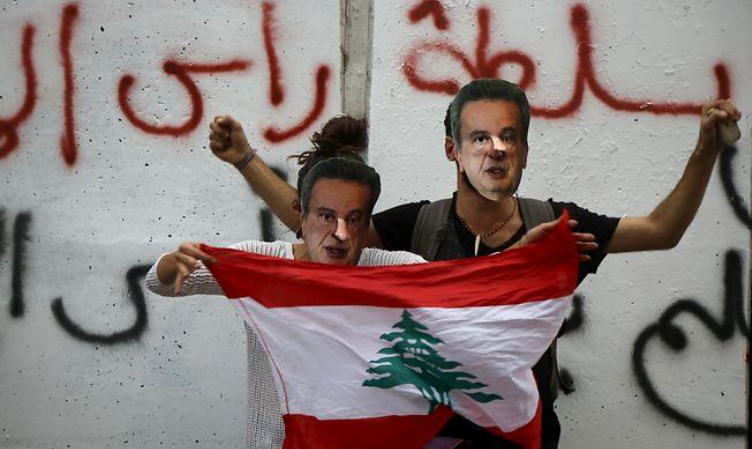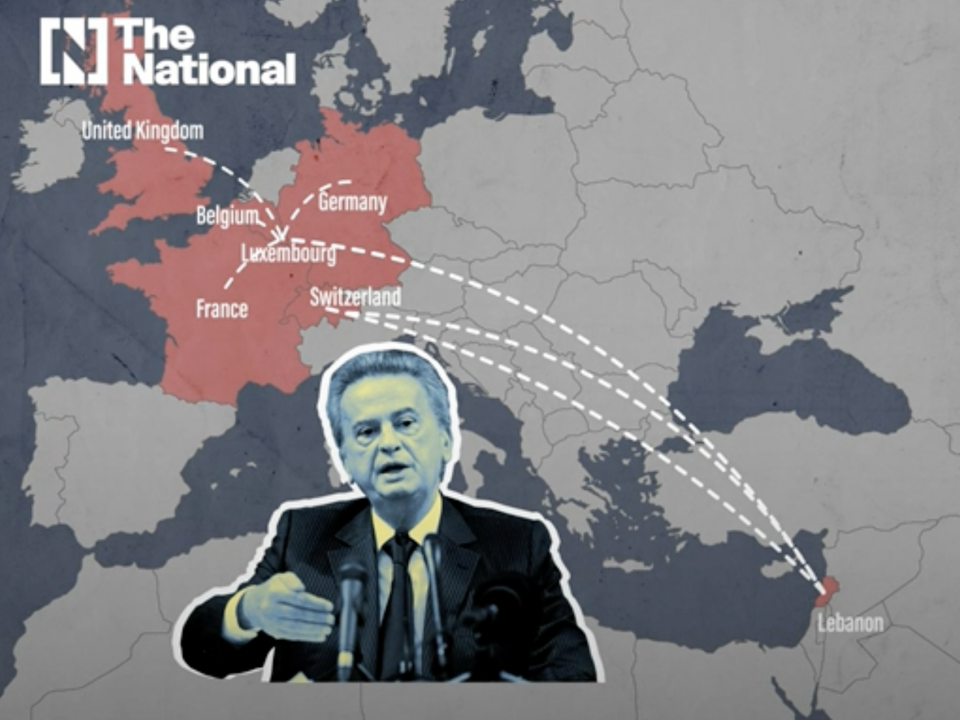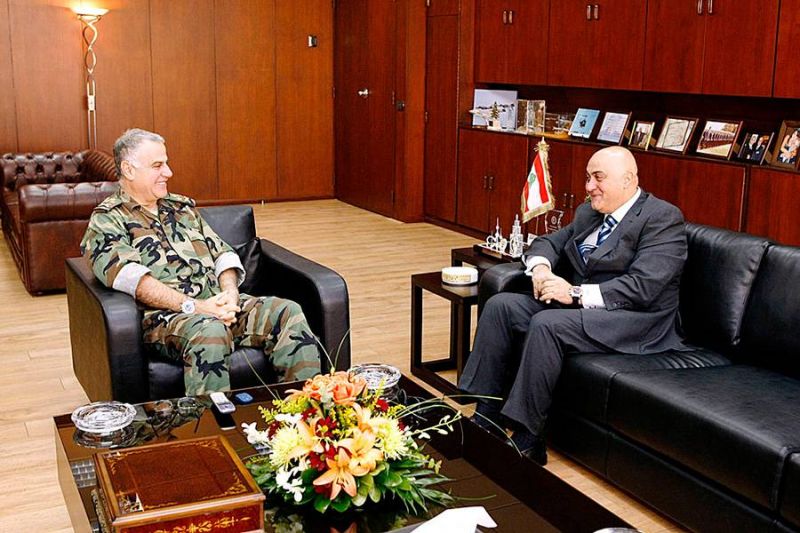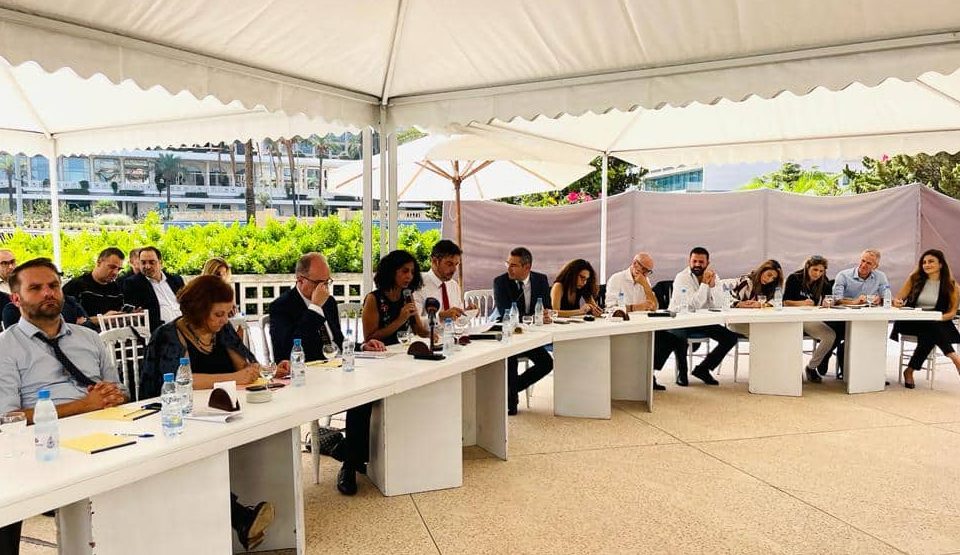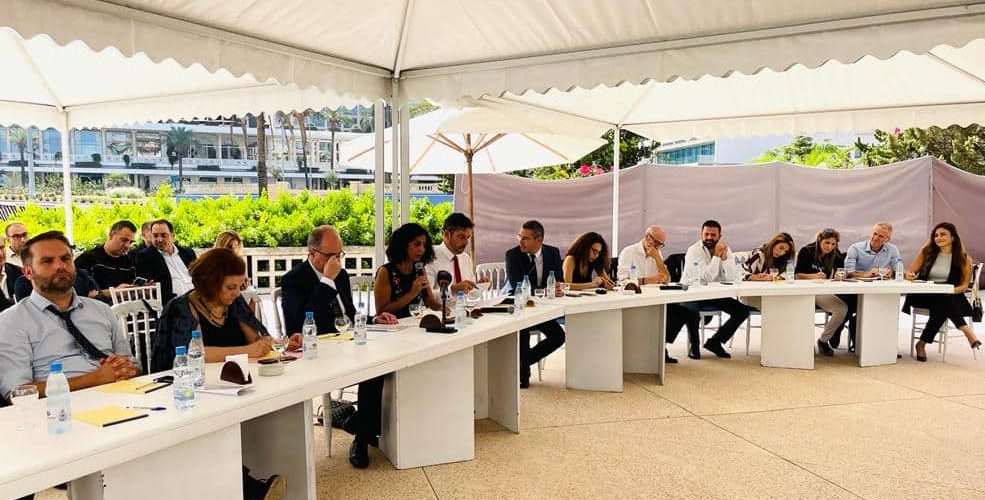
What’s behind the case against Jean Kahwagi, and how a judicial maze and banking secrecy may derail the probe
15 October 2022
Riad Salameh’s new embezzlement charges in Lebanon: what you need to know
1 March 2023by Yannick LAMBERT – Luxembourg Times
Luxembourg agents on Monday began unravelling the suspected corruption network of central bank head Riad Salameh, who used the Grand Duchy to funnel at least €50 million in lucrative property across Europe as his country plunged into economic crisis. France, Germany and Luxembourg seized €120 million worth of Lebanese assets in March, as the result of a money laundering probe into Salameh and four others. Salameh, who has headed the central bank since 1993, has denied any wrongdoing, and refuses to appear in court.
Luxembourg and French investigators started work on Monday, while their German colleagues had arrived a week earlier for a visit that is scheduled to last until Friday, two people in Lebanon told the Luxembourg Times.
“The Luxembourg investigators started on Monday”, a lawyer for an anticorruption pressure group in Lebanon said, asking not to be named, because of the political sensitivity of the issue.
“There is more than one investigator” from each country, said Wadih Akl, a lawyer specialising in the fight against corruption. Delegations consisted of at least one investigating judge, accompanied by members of the police, he said.
Akl is of the same political party as former President Michel Aoun, who vacated his post in October, which has been left empty ever since.
Few people in Lebanon still have access to money in their bank, after an economic crisis dating back to 2019 devastated the country’s lenders. But rather than closing down and getting shareholders to pay for their losses, banks are trying to inflict losses on the government – or their own clients.
The country’s plight reached a new depth in 2020, when more than 200 people died when a fertiliser silo in the port of Beirut exploded, a blast so powerful it was felt across the region, and into Europe. The facility had been poorly maintained after authorities seized it from a shipping company.
The probe, which started in Switzerland, revolves around Salameh – who still has powerful political backers in the country – and his associates. The 72-year old banker has been under increased scrutiny since the collapse of Lebanon’s financial system, and stands accused of embezzling public funds.
A Lebanese prosecutor charged Salameh last year with illicit enrichment when acquiring property in Paris, but the former investment banker told Reuters at the time that he had bought the buildings with his own money.
Through Stockwell, Salameh owns four commercial properties and four car parks at the Feilitzschstraße in Munich in Germany, which he bought in November 2015, and a commercial building at the Gärtnerplatz in Munich, which he acquired in January 2017, according to 2021 filings in the business register.
Rental income from the Munich properties amounted to a total of some €408,600 for 2020, the filings said. Prosecutors in the southern German city named Salameh as a money laundering suspect in March.
Fulwood Invest is focused on the UK. It acquired a property on the Fulham Palace Road for £6.25 million in 2020, and one on All Saints Street, Pembroke Wharf, for £4.9 million later that year – both in London.
In Leeds, it sold a property on King Street for £11 million in the same year.
The value of all Fulwood properties stood at more than £32 million by the end of 2020, according to the Luxembourg business register.
The Luxembourg companies also point at other members of Salameh’s entourage. Anna Kosakova, who Reuters has said is the mother of Salameh’s daughter Elisabeth, is managing Stockwell, according to filings from May 2022.
Two Paris-based companies, BET and ZEL, which she is in charge of, are also helping managing Stockwell, the filing said. French prosecutors have said Kosakova is under investigation in the cross-border probe.
Elisabeth Salameh is the “bare owner” of Stockwell, holding 90% of the shares, which gives her the right to use the property, but not derive profit from it.
The Luxembourg prosecution would not confirm any details of the investigation, only saying that the “probe is ongoing”. Luxembourg prosecutors by law are prohibited from divulging details of active investigations.
In Lebanon, the probe may not be without hurdles. Prime Minister Najib Mikati blocked the judge leading the investigation, Jean Tannous, from accessing bank data, Reuters has reported. Mikati denies this ever happened.
On Wednesday, a German delegation walked out of a meeting because a local judge would not let German police take part in a meeting and view files, local media reported. The meeting was a “purely judicial meeting,” the judge had said, and therefore not fit for police to attend.
“While there are good judges, many are bad, and [are] trying to slow down the investigation”, the Lebanese lawyer Akl said.

